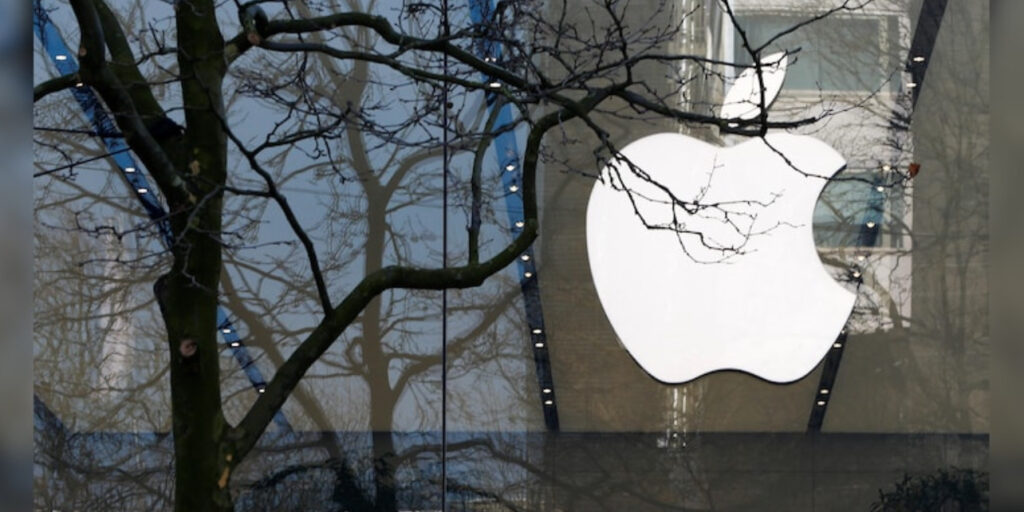Apple is accused of abusing its dominant market position by charging app developers a steep 30% commission on the App Store, resulting in British consumers allegedly overpaying by up to £1.5 billion ($1.8 billion), a London tribunal was told on Monday. The mass lawsuit, brought on behalf of approximately 20 million iPhone and iPad users in the UK, claims Apple’s commission structure has inflated app prices for consumers.
The case, heard at the Competition Appeal Tribunal, marks the first mass lawsuit against a tech giant to proceed to trial under the UK’s emerging class-action framework. Other high-profile cases, including a similar $1.1 billion lawsuit against Google over its Play Store commissions, are expected later in 2025.
Claims of Monopoly and Consumer Overcharges
The lawsuit, led by British academic Rachael Kent, accuses Apple of leveraging its dominant position to exclude competition in app distribution and enforce restrictive terms on developers. This practice, the claim argues, results in excessive commission fees that are passed on to consumers.
Kent’s legal team described Apple as holding a “100% monopoly position” in the app market. Her lawyer, Mark Hoskins, told the tribunal that Apple’s practices lead to “exorbitant profits” while stifling competition.
Apple, however, has rejected the claims as baseless. The company argues that the lawsuit fails to account for the benefits of its integrated iOS ecosystem, which prioritizes security, privacy, and innovation. Apple’s lawyer, Marie Demetriou, said that 85% of developers pay no commission, and the fees reflect the value provided by Apple’s intellectual property and infrastructure.
Broader Implications for Tech Giants
This case is part of a growing wave of legal challenges against tech companies in the UK. Apple is also facing a separate lawsuit on behalf of app developers over its App Store fees. Other tech giants, including Google, Meta, and Amazon, are battling similar mass lawsuits under Britain’s expanding class-action regime.
As the tribunal considers whether Apple’s practices constitute anti-competitive behavior, the outcome could set a precedent for other lawsuits targeting major players in the tech industry.


